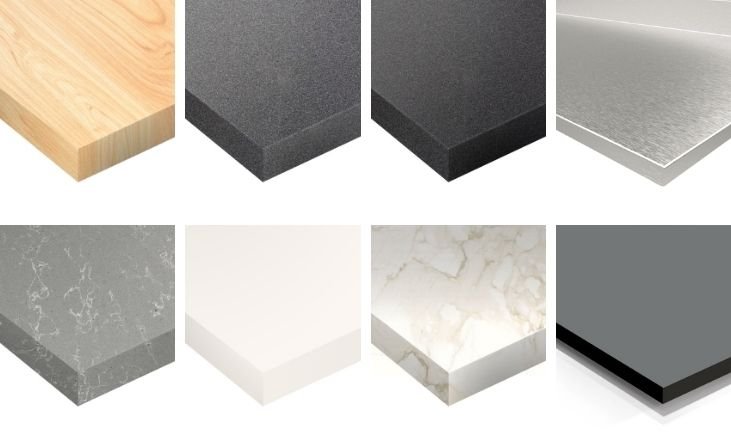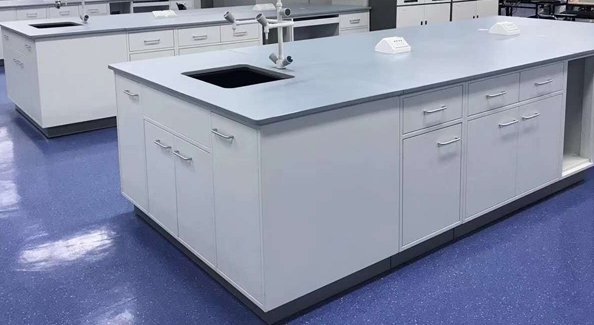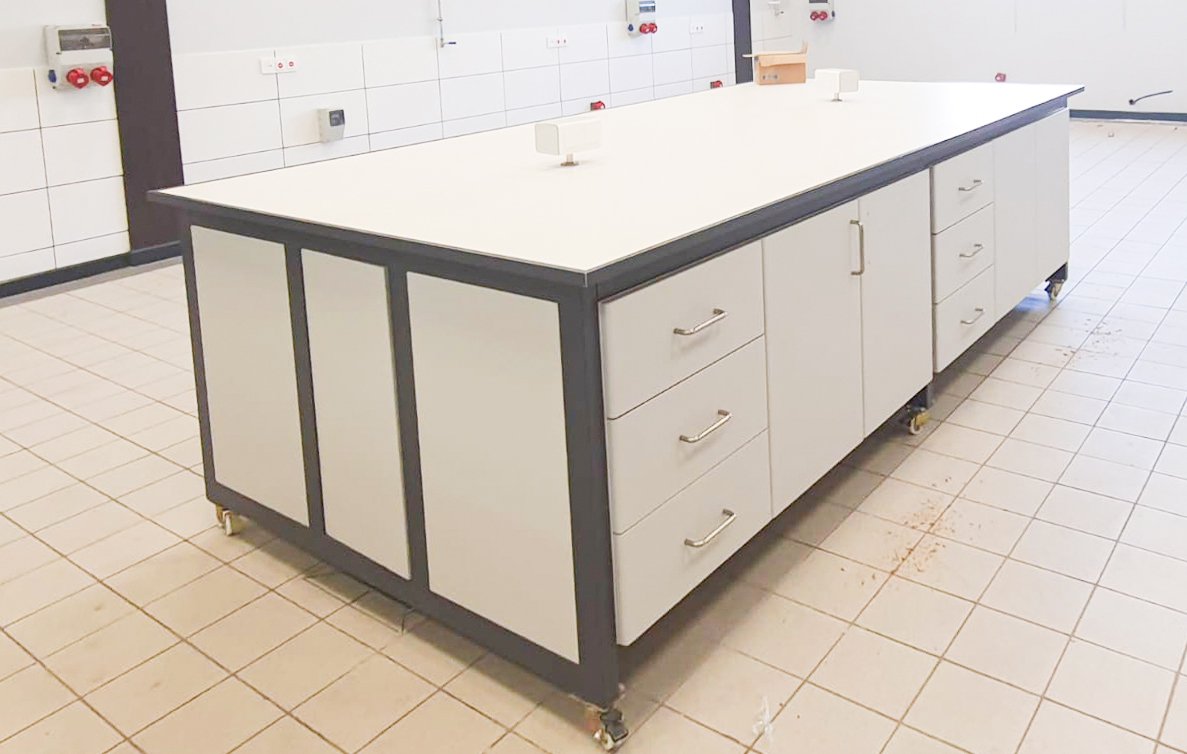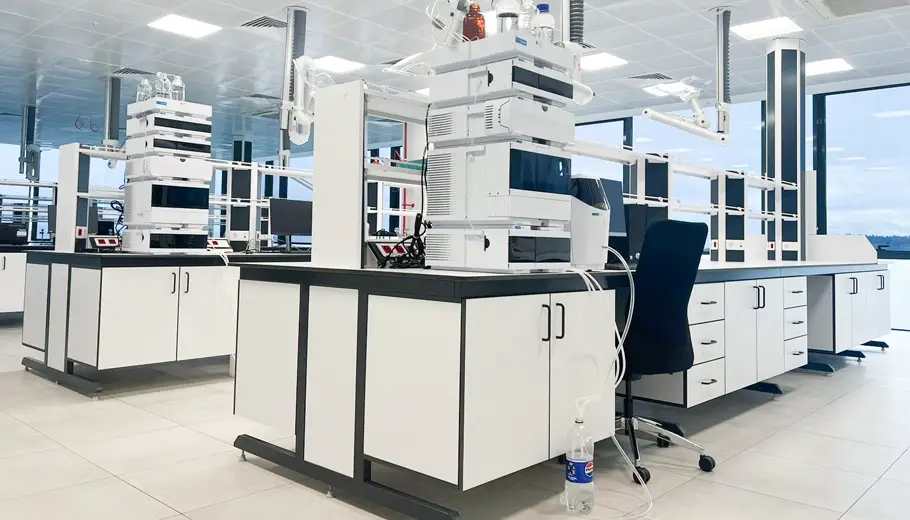





Work Surfaces
Choosing the Right Science Lab Countertops
One of the significant decisions to make when designing or renovating a lab is choosing the countertops. For longevity, science labs countertops need to be durable, with high resistance to chemicals, heat, water and microbes. Additional requirements depend on the type of environment and work that will take place.
When choosing countertops, it is crucial to consider the material used and varying attributes, including functionality, durability, and aesthetics. Selecting the wrong countertop can reduce longevity and prevent certain types of work from being conducted.
What are science lab countertops?
The phrase “science lab countertops” can represent either work surfaces or laboratory applications.
Lab countertops is the surface where tests, experiments and work is carried out. Like the name suggests, science lab countertops are used in lab settings. There are a number of different materials available depending on the function of the lab.
Countertops are available in a wide range of materials, compositions, costs, colors, edges, and finishes. Each application is unique. Therefore, the ideal countertop for your science lab depends on the type of environment and the work involved.
The most commonly used countertop materials include epoxy resin, phenolic resin, polypropylene, stainless steel, chemical resistant laminate, and high-pressure plastic laminate. Before selecting a material, it is important to understand the unique advantages and disadvantages of each.
Chemical resistant laminate
Chemical resistant laminate is made from paper encased in chemicals. It is decorative and highly resistant to chemicals. It is best for dry applications and damages easily.
| pplication | Labs where results depend on non-contamination and require work surfaces that are chemically resistant and easy to clean |
| Commonly used in | Beauty product labs, pathology, product testing, urology, dental, and photographic dark rooms |
| Pros |
|
| Cons |
|
Epoxy resin countertops
Epoxy resin countertops contain a mixture. This includes resin, silica, a hardener, and fillers. The materials are molded and oven cured as a solid, continuous product. They hold up well in harsh environments where moisture and heat are used.
| Application | Ideal for most extreme lab conditions, including labs that perform heavy industrial and chemical testing, use harsh chemicals, open flames, and technology that create extreme heat |
| Commonly used in | Biological science labs, research and development labs, industrial testing facilities, medical labs, microbiology and biomedical, university labs, K-12 labs, hospitals, pharmaceutical labs, molecular pathology, applied science research labs, or any other labs including oil and spectrometry |
| Pros |
|
| Cons |
|


